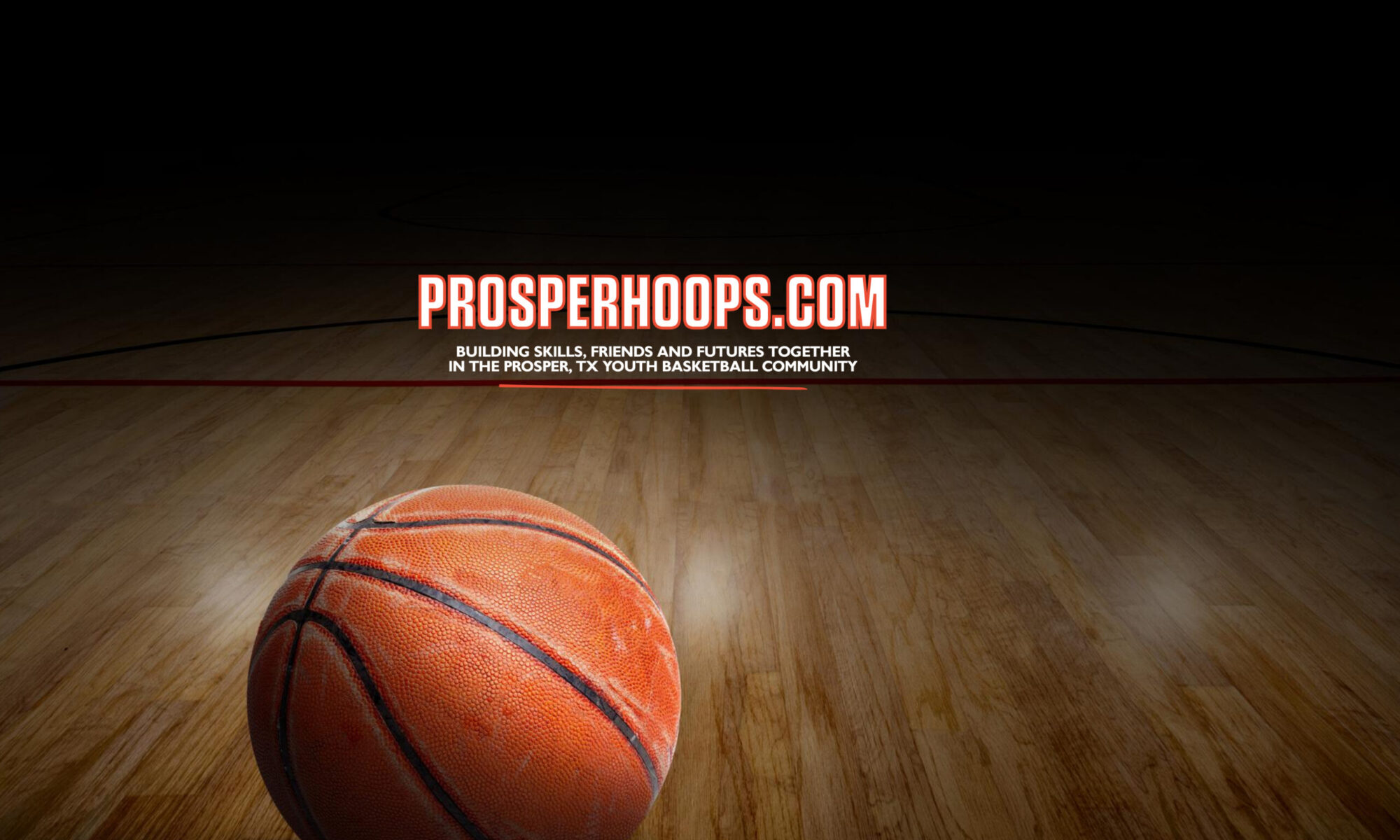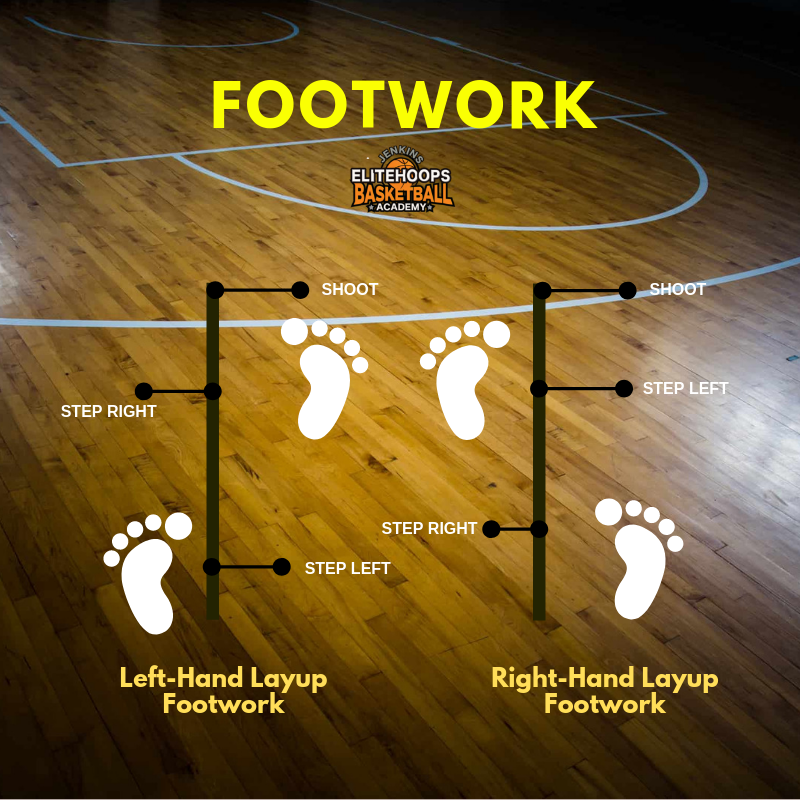One of the best compliments an athlete can receive is the label “mentally tough.” Mental toughness isn’t a quality people are born with. Rather, it includes a set of learned attitudes and ways of viewing competitive situations in productive ways.
Coaches and parents are in an ideal position to help young athletes develop a healthy philosophy about achievement and an ability to tolerate setbacks when they occur. Here are some specific attitudes that we communicate with our young athletes at JENKINS ELITE HOOPS, that you can use.
1. Sports should be fun.
Emphasize that sports and other activities in life are enjoyable for playing, whether you win or lose.
Athletes should be participating, first and foremost, to have fun.
Try to promote the enjoyment of many activities in and of themselves so that winning is not a condition for enjoyment.
2. Anything worth achieving is rarely easy.
It’s important to recognize that the process of achieving mastery is a long and difficult road. According to Vince Lombardi, the famous coach of the Green Bay Packers, “The dictionary is the only place that success comes before work. Hard work is the price we must pay for success.”
Becoming the best athlete one can be is not an achievement to be had merely for the asking.
Practice, practice, and still more practice is needed to master any sport.
3. Mistakes are a necessary part of learning anything well.
Very simply, if we don’t make mistakes, we probably won’t learn. John Wooden, legendary UCLA basketball coach, referred to mistakes as the “stepping stones to achievement.”
Emphasize to athletes that mistakes, rather than being things to avoid at all costs, are opportunities for performance enhancement. They give us the information we need to adjust and improve.
The only true mistake is a failure to learn from our experiences.
4. The effort is what counts.
Emphasize and praise effort as well as the outcome.
Communicate repeatedly to young athletes that all you ask is that they give total effort.
Through your actions and your words, show youngsters that they are just as important to you when trying and losing as when winning. If the maximum effort is acceptable to you, it can also become acceptable to young athletes.
Above all, don’t punish or withdraw love and approval when kids don’t perform up to expectations. Such punishment builds fear of failure.
5. Don’t confuse worth with performance.
Help youngsters to distinguish what they do from what they are. A valuable lesson for children to learn is that they should never identify their worth as people with any particular part of themselves, such as their competence in sports, their school performance, or their physical appearance.
You can further this process by demonstrating your own ability to accept kids unconditionally as people, even when you are communicating that you don’t approve of some behavior.
Show children that you can gracefully accept your own mistakes and failures. Show and tell them that as a fallible human being, you can accept the fact that, despite your best efforts, you are going to occasionally bungle things.
If children can learn to accept and like themselves, they will not unduly require the approval of others in order to feel worthwhile.
6. Pressure is something you put on yourself.
Help young athletes to see competitive situations as exciting self-challenges rather than as threats.
Emphasize that people can choose how to think about pressure situations.
The above attitudes will help to develop an outlook on the pressure that transforms it into a challenge and an opportunity to test themselves and to achieve something worthwhile.
7. Respect Your Competition.
Some coaches and athletes think that proper motivation comes from anger or hatred for the opponent. That’s totally wrong!
Sports should promote sportsmanship and an appreciation that opponents, far from being the “enemy,” are fellow athletes who make it possible to compete.
Hatred can only breed stress and fear. In terms of emotional arousal, fear and anger are indistinguishable patterns of physiologic responses. Thus, the arousal of anger can become the arousal of fear if things begin to go badly during competition.





